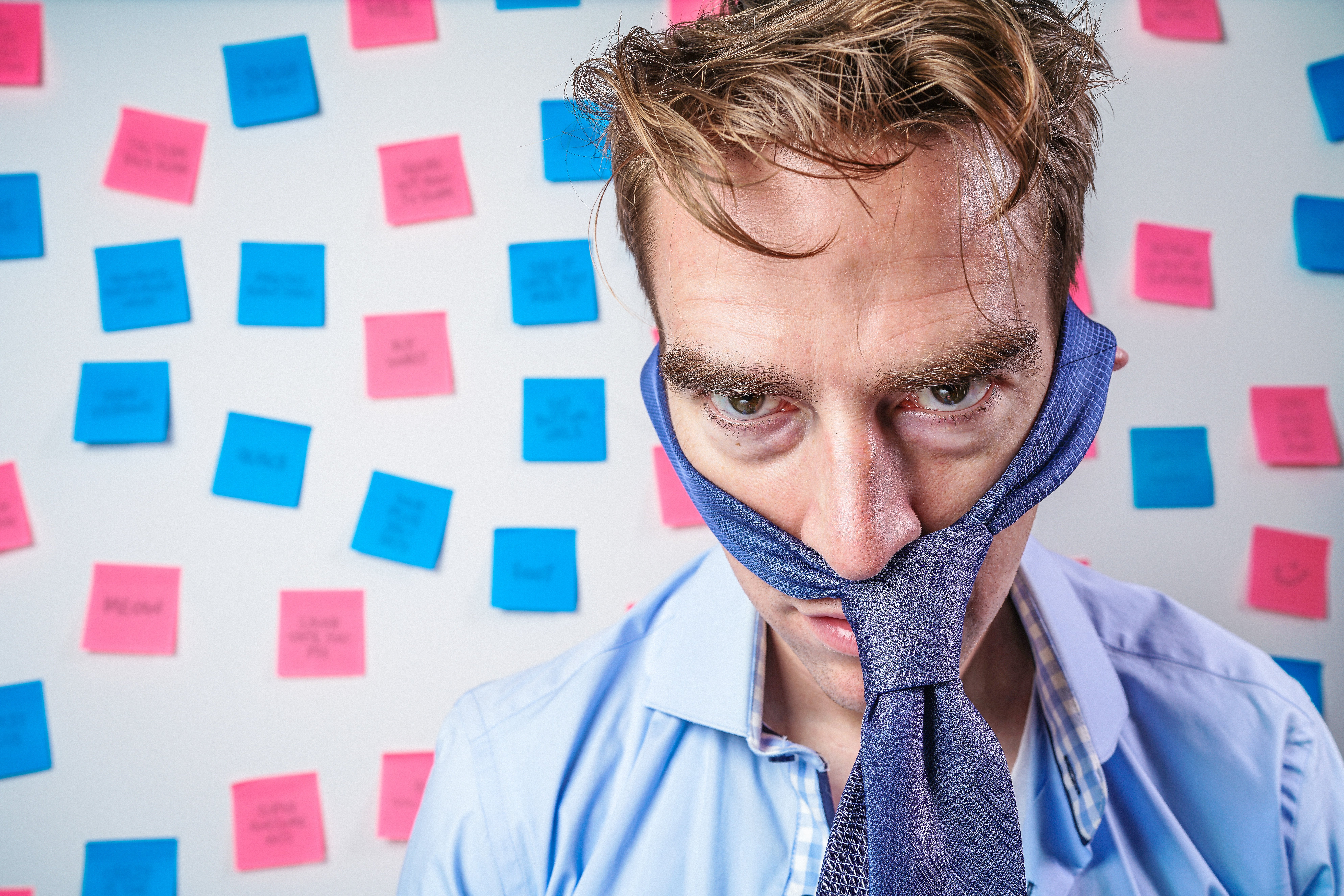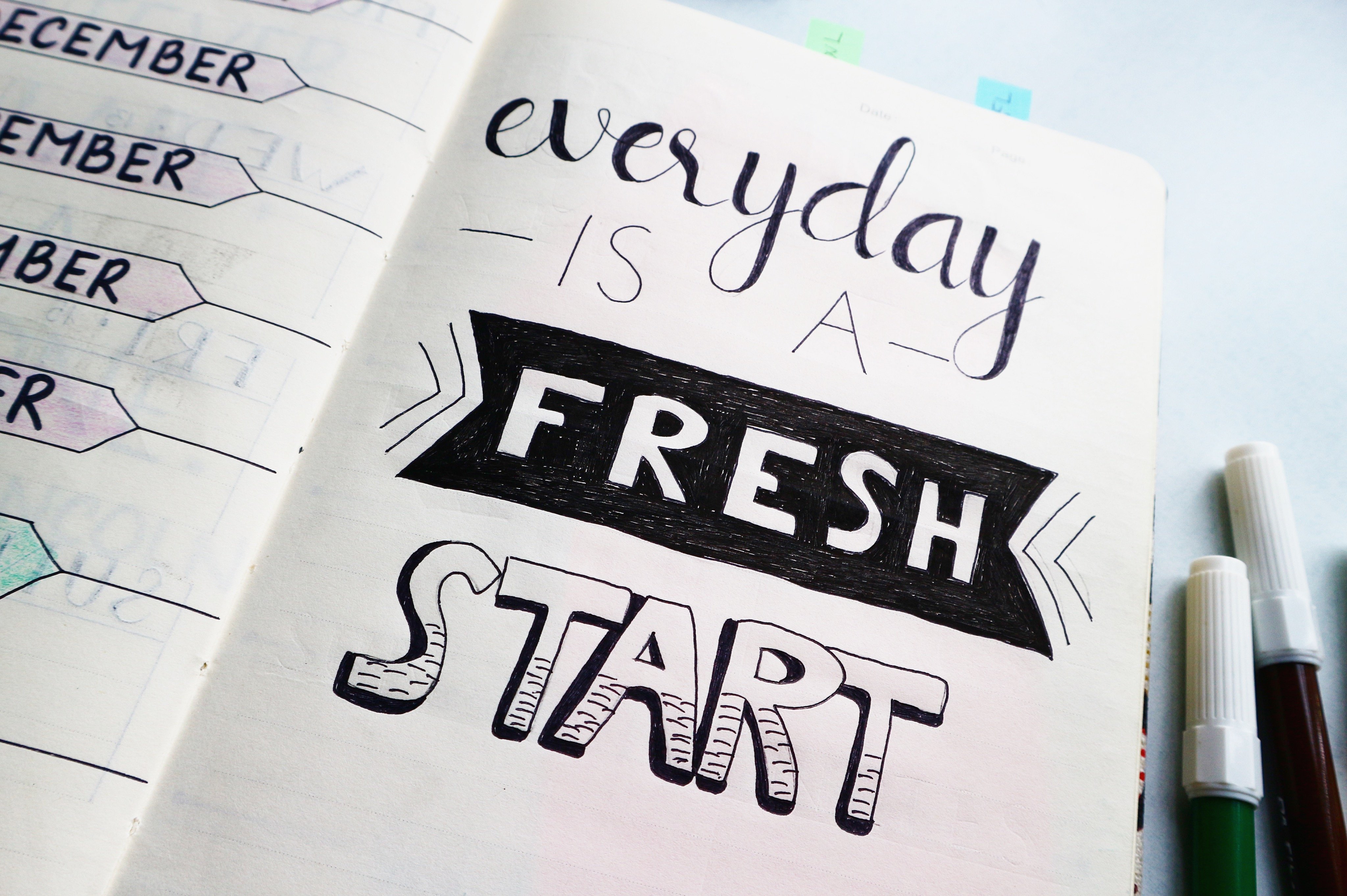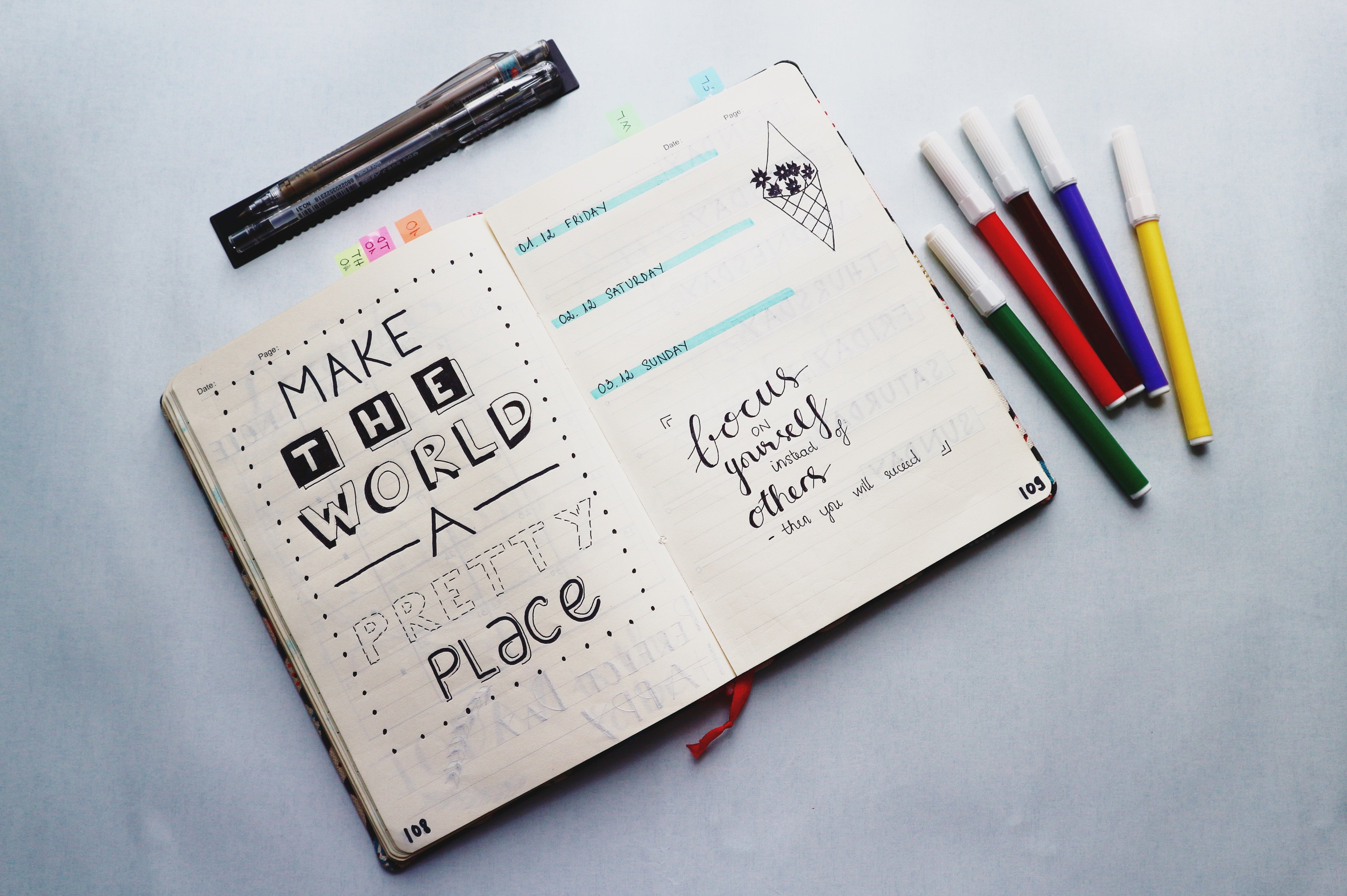10 years ago I picked up one habit that changed the way of how I coped with anxiety. I went to a guidance counselor because I couldn’t concentrate or focus on my classes. She suggested that I start journaling. At first, I didn’t take it seriously… I mean, how could writing in some silly book help me deal with the gauntlet of stressors that everyday life threw at me? It was really hard to just sit down and write about how my day was, and honestly, I had no idea how to even start! Interestingly enough, the counselor never wanted to see my journal entries or even talk about them. She only wanted me to write, for myself.
10 years have passed, and still to this day, I write in my journal on a daily basis. Let me explain why…
Journaling is a powerful form of meditation that is scientifically proven to reduce anxiety, stress and personal conflicts. You have a daily quota of stress and anxiety. With each tiny stressor, the anxiety piles up within you, up to a point where it becomes too much for your brain to process.
It’s not just about how stressful your work is, or the argument you had with your significant other. May times it’s the simplest tasks you promise yourself to achieve, yet never get there. Like eating healthier, exercising more, learning another skill, making your bed every morning etc. When you don’t achieve these simple tasks, you feel like you are deceiving yourself and you deprive yourself of much needed dopamine from the feeling of accomplishment. This causes a conflict between your mind, body, and soul.

Journaling Reduces Anxiety? How?!
Many people live their lives being concerned about how they represent themselves to others. They don’t even get to know who they are, what they like, or their limits. They live a life that is programmed to react to anyone in the slightest opportunity.
Journaling is not just for writing about how your day went. It’s a magical way of getting to know the most important person in your life: You. The more you write, you identify those little daily concerns that got under your skin. You identify them so clearly that you can often resolve them by the time you finish writing. On top of finding a solution to these pain points, you also get to know yourself better. You are more aware of what gets to you, what subjects you are more patient and understanding about, and what characteristics you need to adopt or work on more.
Journaling is a magical way of getting to know the most important person in your life: You
By keeping a journal on a regular basis, you’ll be able to see what needs to stay in your life, and what needs to set sail. If a friend of yours causes you stress, for instance, you’ll be able to identify that easier as you write about it. It will give you more than just lucidity. Journaling improves your ability to make decisions -regardless of them being small or large, short term or long term. Once your vision is clear on what you want to achieve, you can confidently make those decisions.

Journaling has been shown to reduce stress, increase focus, release your built-up emotions, create bridges between your thoughts and actions, help you process your past and design your future.
When you understand your emotions to a full extent, and see where they come from, it gets so much easier to deal with your dilemmas – which can often feel overwhelming. When you view the world through the lens of your journal, you see justly and objectively. In order to move forward, you have to process your emotions, and In order to process your emotions, you need time. And that’s exactly what journaling has to offer.
You can do this too
It only takes 5-10 minutes of your day, and you end up writing out whatever comes to your mind. It’s a type of meditation. Instead of sitting in a room with incenses and yoga pants, you actively talk to yourself. Write to yourself. Give answers to yourself.
Starting your journaling habit can seem difficult, so here are some SIMPLE tips to make this journey easier.
- You don’t have to censor yourself, AT ALL. Write down everything that comes to your mind, without any particular order, and without worrying about grammar or spelling errors.
- Try to express yourself honestly. Don’t hold back the fear of someone reading your journal. It’s yours. Keep it safe, and keep it honest.
- Try a theme for the journal. Get creative with it. You don’t have to follow anyone’s footsteps while writing your own journal down. If you want to draw, then draw. If you want to make lists, do so. If you want to write poems about your day, then do so! There is nothing holding you back.
- Find your ‘regular basis’. It doesn’t have to be everyday. You can try once a week, every 3 days, twice a month etc. and see what works best for you. Remember, this is not an assignment you have to do. This is a way to cope with your anxiety, learn who you are, and grow as a person.
- There are no rules. You don’t have to write about your anxiety all the time. You can write about how your day was, what pissed you off, your plans for the future, express your gratitude… Whatever appeals to you, just include it in your own world.

The best time to start is now
The most important thing is that this is for you, and you only. Nobody will read your journal. Nobody even has to know that you have one. This is your alone time with your heart and your mind. It’s a whole new world you can open up to with confidence, honesty and trust.
My journal has radically changed my way of coping with my anxiety, and it has honestly transformed my life. Why not try it for a little while, and witness the magic yourself? You have nothing to lose and so much to gain.
Happy journaling,
Lila B.